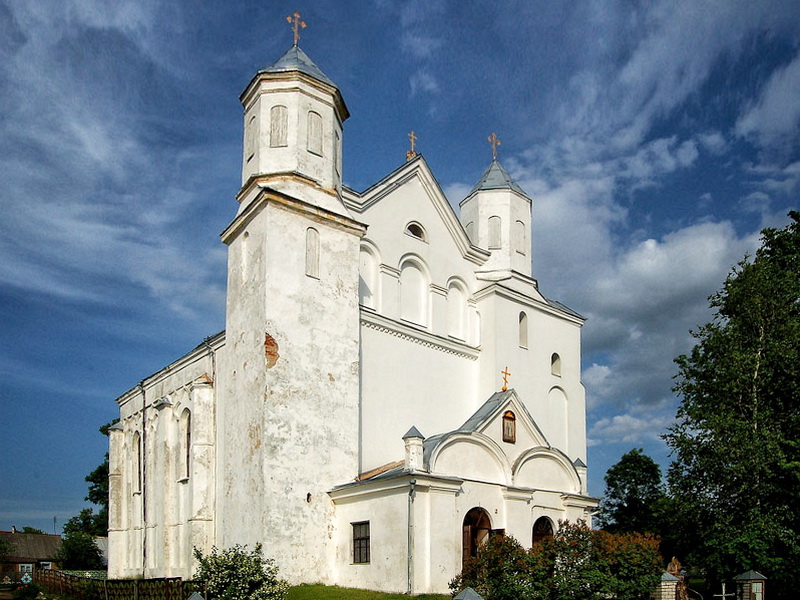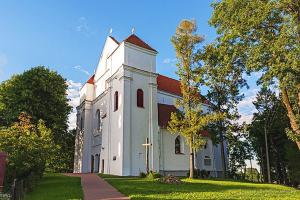Architectural Heritage and Legends of Borisoglebskaya Church
The Borisoglebskaya Church is built in the Romanesque style with Gothic elements, making it a true masterpiece of medieval architecture. The church has preserved its unique atmosphere despite numerous reconstructions and restoration works. Local legends claim that the church was part of an ancient castle complex, where the princes of Novogrudok used to pray.
Excursions in Belarus with a Visit to Borisoglebskaya Church
A visit to Borisoglebskaya Church is a great opportunity to learn more about the rich historical heritage of Novogrudok. Many excursions from Minsk include this church in their program. You can book a tour and visit Borisoglebskaya Church in Novogrudok as part of a tour: Novogrudok – Lida Tour; Belarus – Land of Castles Tour (3 days).


